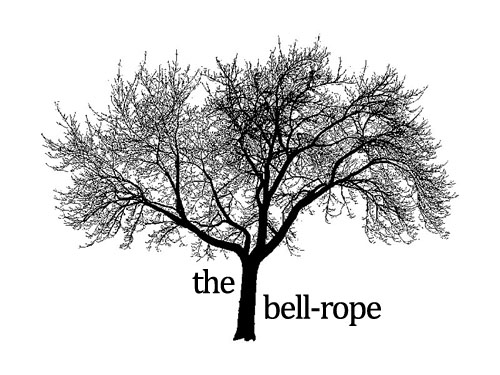Sometimes, I find even the most banal daily exchanges miraculous; but if that is so, then how is it that I can read this passage from Emerson
There is a relation between the hours of our life and the centuries of our time. As the air I breathe is drawn from the repositories of nature, as the light on my book is yielded by a star a hundred millions of miles distant, as the poise of my body depends on the equilibrium of centrifugal and centripetal forces, so the hours should be instructed by the ages and the ages explained by the hours. Of the universal mind each individual man is one more incarnation. All its properties consist in him. Each new fact in his private experience flashes a light on what great bodies of men have done, and the crises of his life refer to national crises ...
and feel like I know exactly what he means? Of course, I don't, not really - I can't say that the entire sphere of my understanding of the passage maps on exactly with the sphere of his own understanding, though for me to feel such a strong sensation after reading this (which feels roughly like my gut is saying "Yes! Yes! Yes!" after each sentence), our spheres must overlap more than less, a Venn diagram that is closer to being a circle than a figure eight.
But what exactly is responsible for this thought getting from RWE's brain into my head? If you drop some of the fancy metaphors in the passage, words like "centrifugal" and "repositories," you're left with just a small handful of words that most of us use on an almost daily basis. That is, totally unremarkable, even boring words, drawn from the tiny vocabulary actually in use by most people - I've seen this figure cited at around 3 000 words. And each of these words isn't even a meaning, but rather a sign for a meaning, a plastic arrow pointing, more or less precisely, to the thing it wants to say, so that a paragraph or a sentence might look something like this:

Yet with a few of these words, Emerson is clear; with a few of these words, I get a feeling, a sensation that I think he wants me to get.
Of course the somewhat abstract problem of language and signs is really, fundamentally, a human problem - the problem of how two people can understand each other. When I become disheartened with language, when I feel like everything I write or say is a nervy tangle of obstacles that just gets in the way of understanding, real understanding - what I'm really beginning to doubt is the notion that we can ever understand another person, that we can be open and not closed, that aloneness is not an inescapable state. We demand so much from language; it is the link that allows two identical thoughts to vibrate in two separate minds at the same time - and on the tenuous strength of that bond alone is built everything in our world.
Two things ought to be clear from the preceding, namely (1) We should choose our words carefully, and (2) Even if we do, communication is not guaranteed. I think poetry understands the problem of language better than any other medium. It is all about the careful choosing of words, and because of this, it embodies the struggle and anxiety of communication far better than the fluency of prose ever could. Prose can make it look easy, but poetry makes it look hard, and by this fact alone poetry is truer.
